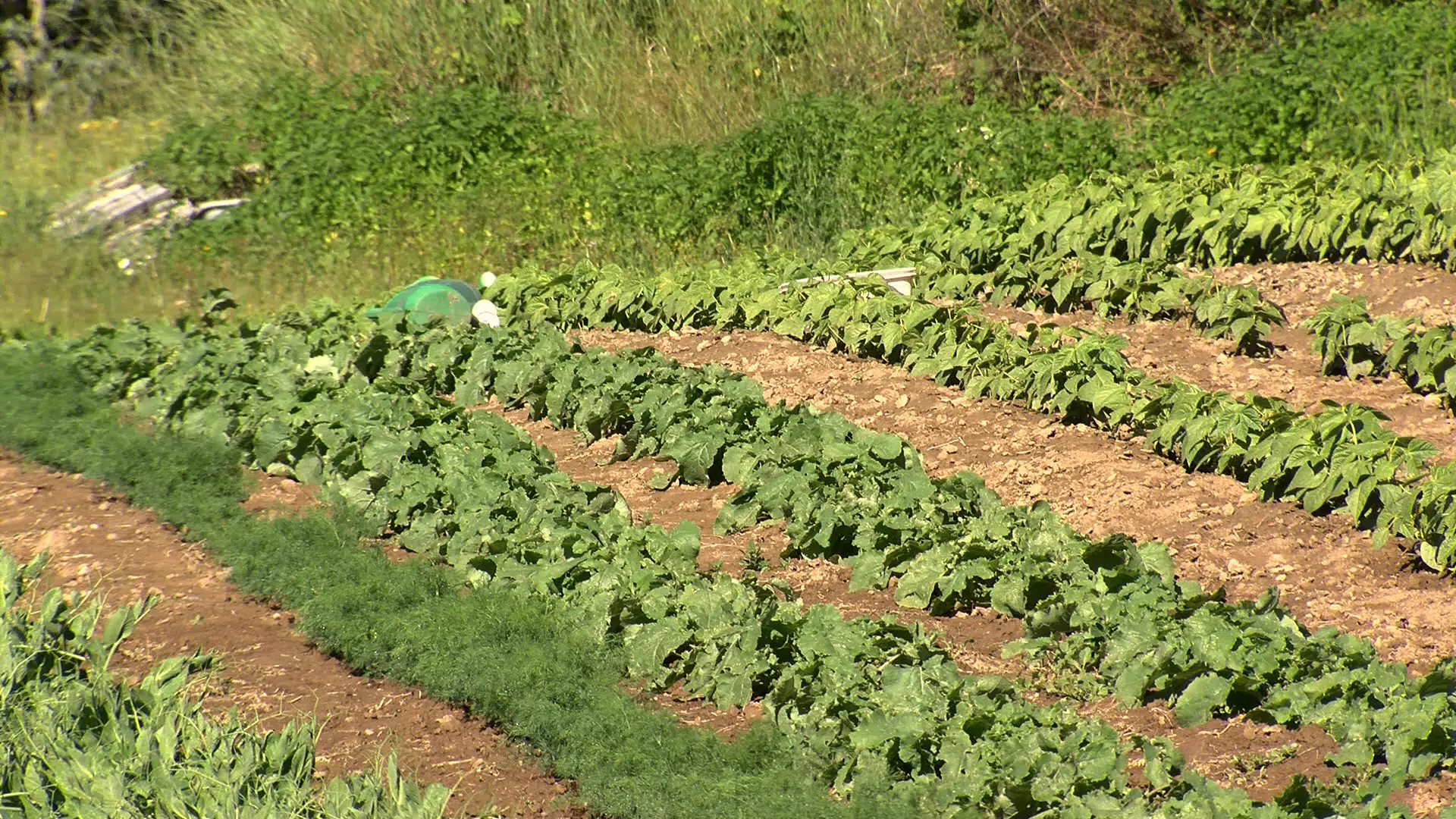
UNBC Looks To Agriculture
PRINCE GEORGE – UNBC is looking to branch into agriculture. It has launched the UNBC Agriculture Research Network Pilot Project, with alumnus Serena Black as the Specialist tasked with the job of coordinating the resources at UNBC to look at the opportunity.
“The project is really about building UNBC’s capacity to provide research resources for the agriculture sector in creating for research and education opportunities for students to participate in agriculture,” says Black.
The Pilot Project has a two-year mandate and some of the questions it plans to answer at the end of that time is the best model for that research, being through a centralized research station or a network of research stations. And issues like climate change and food security have been a large force behind this move.
“For the last few years there has been an informal working group trying to get a minor in agriculture to start with so that we have that structure for students to pursue it further,” says Black. “On the ground, UNBC students have already pushing food security and agriculture significantly for the last seven years.”
